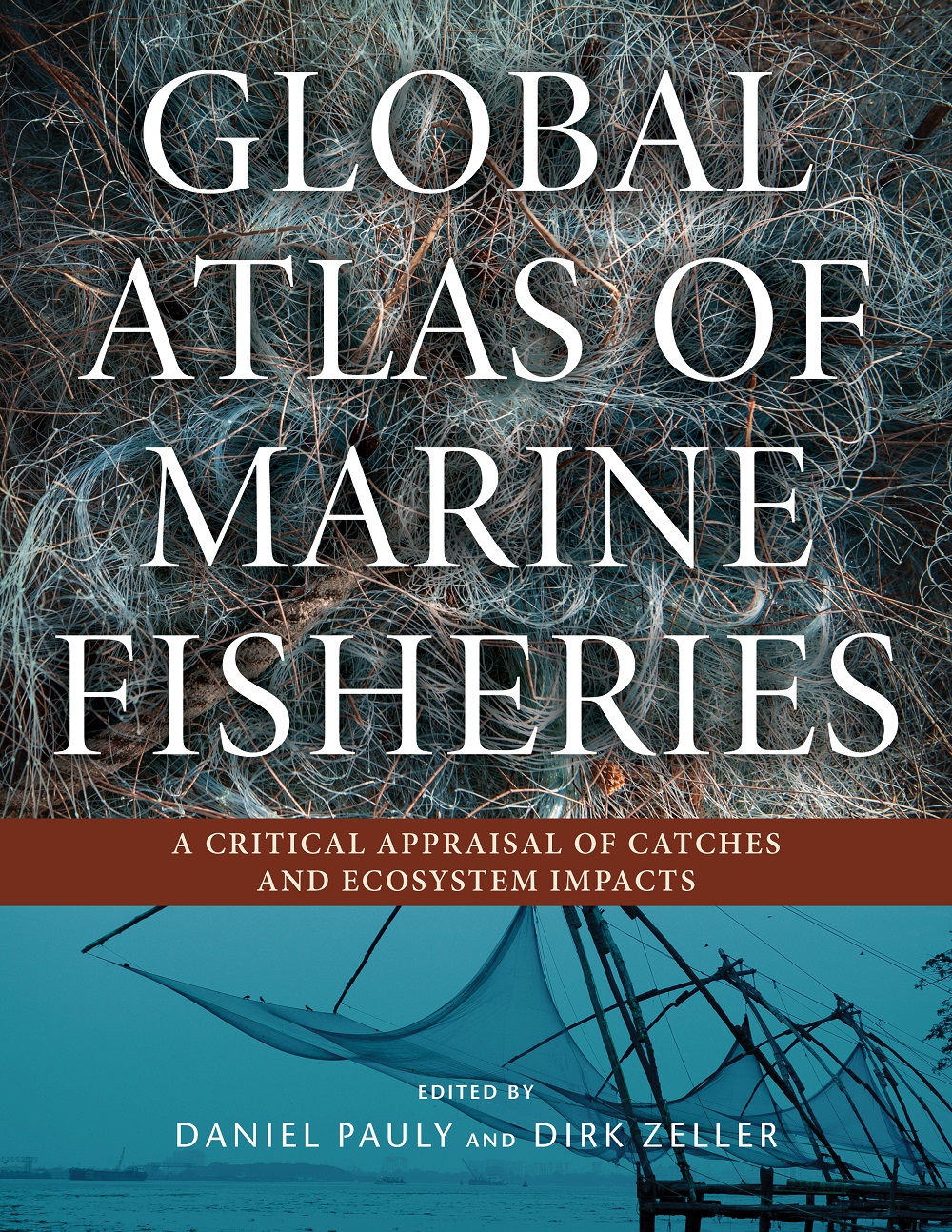Global marine fisheries catches have been declining, on average, by 1.2 million metric tons every year since 1996 and FAO knew very little about this.
Fortunately, the Global Atlas of Marine Fisheries has just been released and it explains, in detail and country-by-country, the reasons behind this unprecedented phenomenon, its consequences when it comes to food security and the steps that can be taken to ease the dire situation.
The 520-page book, published by Island Press, is the product of a 10-year research effort led by two renowned scientists from the Sea Around Us project at the University of British Columbia’s Institute for the Oceans and Fisheries: Dr. Daniel Pauly and Dr. Dirk Zeller, who were backed by close to 400 researchers from 273 countries.
Why wasn’t this issue reported before? Because for the past 50 years, member countries have been giving FAO misleading information regarding their fishery data. Thus, while the UN agency officially divulged a peak in global catches of 86 million metric tons by 1996, the real figure the UBC experts unearthed was of 130 million metric tons. Following that spike, numbers have been in sharp decline.
Countries’ inaccurate information is the result of unaccounted catches, such as those originating from recreational, artisanal, and illegal fishing, as well as from discarded bycatch.
One of the three chapters on Canada included in the Atlas reveals that Arctic catches, for example, are entirely missing from official reports. “These are almost exclusively subsistence for the local people,” Zeller explains. “So, what Canada is telling the world community is that no one is eating fish up there in the Arctic, which is simply wrong.”
The Atlas also shows the impact of discards in Canada’s fisheries data. “The northwest Atlantic was the area with the largest discards worldwide in the 1960s and 1970s,” Zeller says. The reasons for discarding were mostly getting ‘non-marketable animals’ and high grading, a ‘fish the best and leave the rest,’ -kind of practice.
Catches everywhere have been bountiful up until now, the Global Atlas of Marine Fisheries states. But the decline in volumes reveals that fish stocks are in danger. And climate change is only making things worse.
There is still hope, though. The Sea Around Us scientists present a series of recommendations on how nations can rethink the way they approach ocean management, in order to rebuild their fish stocks.
The Global Atlas of Marine Fisheries is, thus, an indispensable resource for policy makers, researchers, students, professionals in the fishing industry, and all others concerned with the status of the world’s oceans.
Until January 6, 2017, the book will be available around the world for a reduced price of $60.00. Island Press ships worldwide and readers can use the code 4ATLAS for an additional 20% discount.
The Global Atlas of Marine Fisheries is also available on Amazon, Barnes and Noble, your local independent bookseller, and through international distributors in the UK and Europe, Canada, and Australia.



